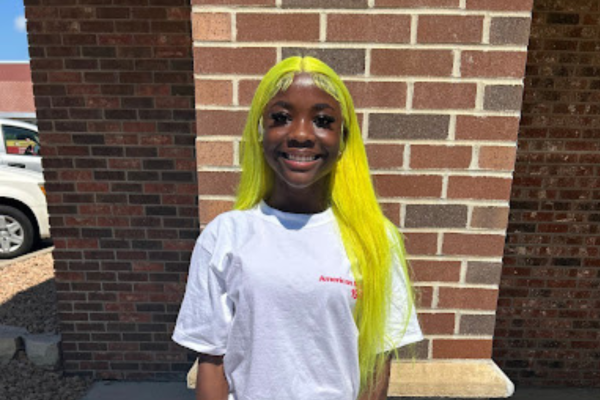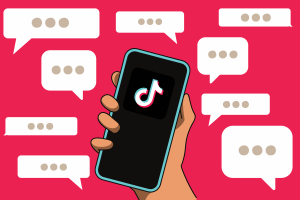“Girl Gamers” are a joke

Opinion stories are the thoughts and ideas of that staff writer. It is okay to not agree with the ideas they share. Feel free to comment or write a letter to the editor if you do not feel the story is a fair representation.
April 11, 2018
eSports are a competitive and rapidly growing industry surrounding the activity of “gaming.” With technology becoming an increasingly more integral part of modern human life, many people are turning to their consoles, computers and phones to do more than just pass time. According to Mai-Hanh Nguyen from Business Insider, top eSports teams earn up to $20 million annually. As the field grows, more and more people are becoming involved. In an article published by NBC Chicago, professional gaming popularity is growing at an exponential pace and is estimated to be worth $1.5 billion.
Of course, as every new industry must overcome obstacles, so does eSports. Widening racial and gender gaps separate the players behind the screens. According to the Washington Post, females make up 40 percent of the total gaming population while BBC says women face hardships in professional gaming careers with less pay, less recognition, and much backlash.
One perpetuation of the gender gap occurs through the idea of a “Girl Gamer.” This image represents women playing games only to appeal to the men they play with. Not only is this downright infuriating (as a gamer myself) but it also over-sexualizes women in the industry. In truth, the only thing that separates men and women in the field is century old views on the behaviors of the male and female genders. Yet, some women are still targeted over gaming communication systems simply because of the sound of their voice.
Because the eSports industry is growing at an exponential pace, it needs to overcome the gap to become a serious career option. No one can argue that women have fewer legal rights in the modern world. Petitioners, protesters, activists, law-makers, politicians and regular people have worked years to earn women the rights they possess in this day, but the images presented hundreds of years ago haven’t faded away. Even now, women are expected to fill certain roles. In modern society, women are not often represented properly in the gaming industry. Instead, most create games to appeal to their image of the male gender.
In one new and popular game, Overwatch, players can join competitive games where they play with players their skill level in longer, more serious games. According to PCGamesN, 16 percent of the player base for the game is female. Unfortunately, Overwatch League reports that out of the 12 teams of six to 14 players currently enrolled in the professional “Overwatch League,” only one identifies as female. Many female players have reported being harassed online because of their voice, playstyles, etc., but there are definitely people who support the involvement of women in eSports. Advocates for a wider playing field for women are everywhere. As more and more gaming women are opening themselves up to new fans and even developers of games, more and more people join the cause.
The biggest obstacle for the gaming industry is the image of “Girl Gamer,” gamers who, with little regard for the game, play in an effort to become more attractive. Unfortunately, a few women who play games indeed fit this image. However, the generalization of an entire gender because of one image online is inconceivable. The majority of the female player base are in no way trying to sexualize themselves or even attract a mate. Gamers are simply gamers. They eat, sleep and play.
As long as one supports the cause to fight for a wider female player base and increase women’s involvement in eSports, they won’t perpetuate the image of a “Girl Gamer” that groups female gamers into a single, repulsive category. “Girl Gamers” are a complete and utterly hilarious joke. In a game, there’s no difference between man and woman other than the sound of their voice and their personalities. After all, we’re gamers. We have enough problems as it is.








